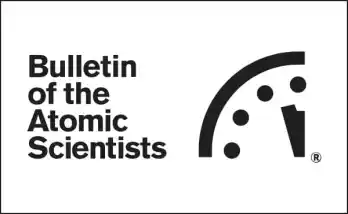 This re-posts an article I wrote for the Bulletin of Atomic Scientists recently on N Korea’s likely first-use of nuclear weapons in any serious Korean contingency.
This re-posts an article I wrote for the Bulletin of Atomic Scientists recently on N Korea’s likely first-use of nuclear weapons in any serious Korean contingency.
The University of Pennsylvania invited me to participate in two-day forum on nuclear weapons back in September. This is the short paper I brought. Here it is at BAS.
My core argument is that NK will go nuclear almost immediately because: 1. It faces a very intense use-it-or-lose-it dilemma. 2. It can’t hope to win conventionally. 3. Any conflict almost immediately become existential for it.
No one really quite knows what to do in response. Missile defense doesn’t work well enough to guarantee that we can shoot down all their inbounds. And sanctions can only slow NK down, not stop their nuclear march. So my suggestion is to start deconcentrating US forces on the peninsula – to more and smaller US bases – so that they are not such a juicy hostage-taking target.
But that runs directly counter to what we have been doing here for the last decade or so – concentrating US forces in a few super-bases like Camp Humphreys. That may make logistical and financial sense. But it offers huge, inviting, clustered targets of Americans for NK to threaten or strike.
And if they NKs do nukes a US base in East Asia and kill thousands of Americans, the pressure on POUTS to massively retaliate will be enormous. And if we respond by nuking NK, the potential for spiraling escalation, including possibly China is high.
Below is my original, pre-edited and more technical version of my paper:


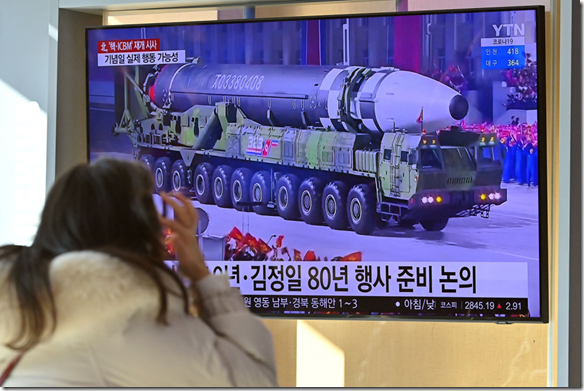
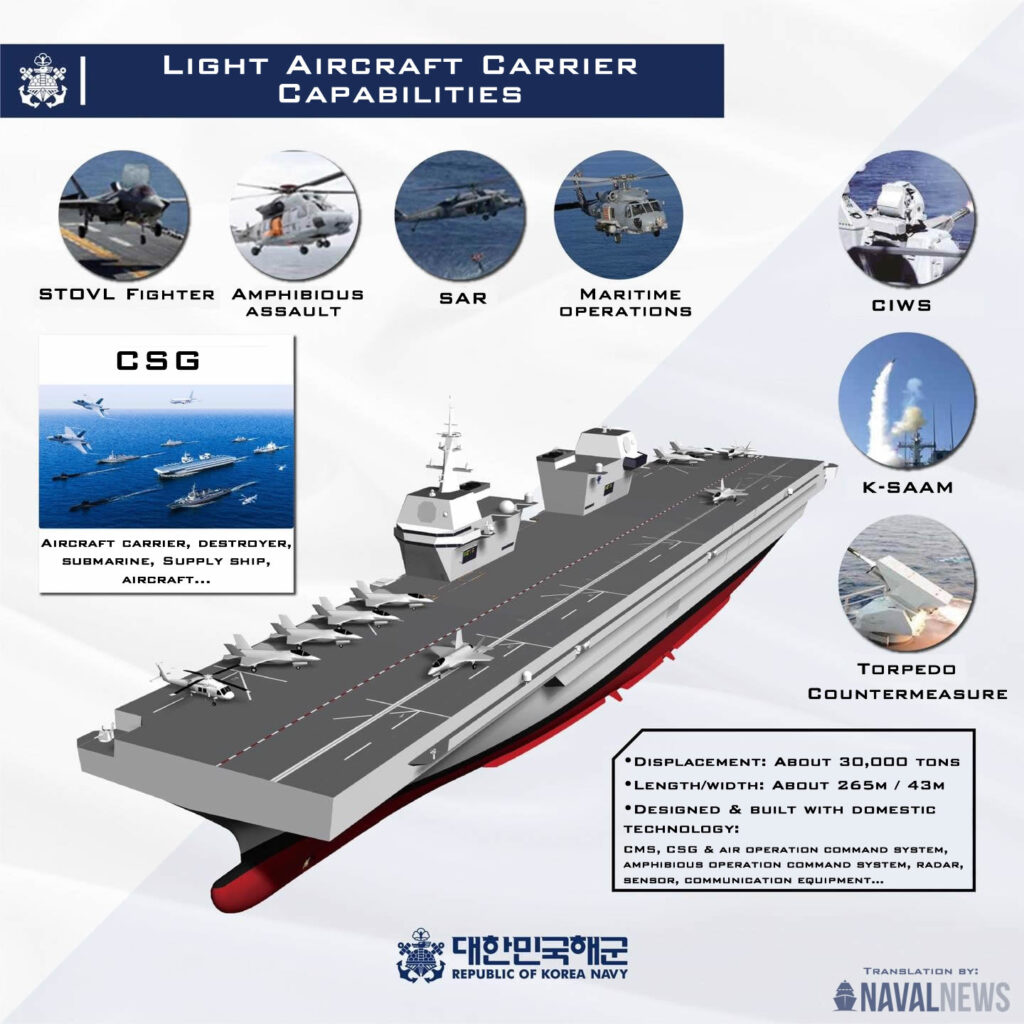 There has a been a pretty vibrant debate in South Korea over building an indigenous aircraft carrier. That debate has been especially resonant where I live – Busan – because it would probably be built here.
There has a been a pretty vibrant debate in South Korea over building an indigenous aircraft carrier. That debate has been especially resonant where I live – Busan – because it would probably be built here. This is what a peaceful transition of power looks like, American Republicans! Moon and Yoon follow the rules. That’s good. Learn from that.
This is what a peaceful transition of power looks like, American Republicans! Moon and Yoon follow the rules. That’s good. Learn from that. South Korea got a lot of (deserved) criticism for its erratic, corporate-profits-uber-alles approach to the Ukraine War. It has since come around, but only after the US twisted its arm with export control threats. And its MPs mostly skipped Zelensky’s speech to the SK parliament. All in all it was a pretty poor showing.
South Korea got a lot of (deserved) criticism for its erratic, corporate-profits-uber-alles approach to the Ukraine War. It has since come around, but only after the US twisted its arm with export control threats. And its MPs mostly skipped Zelensky’s speech to the SK parliament. All in all it was a pretty poor showing.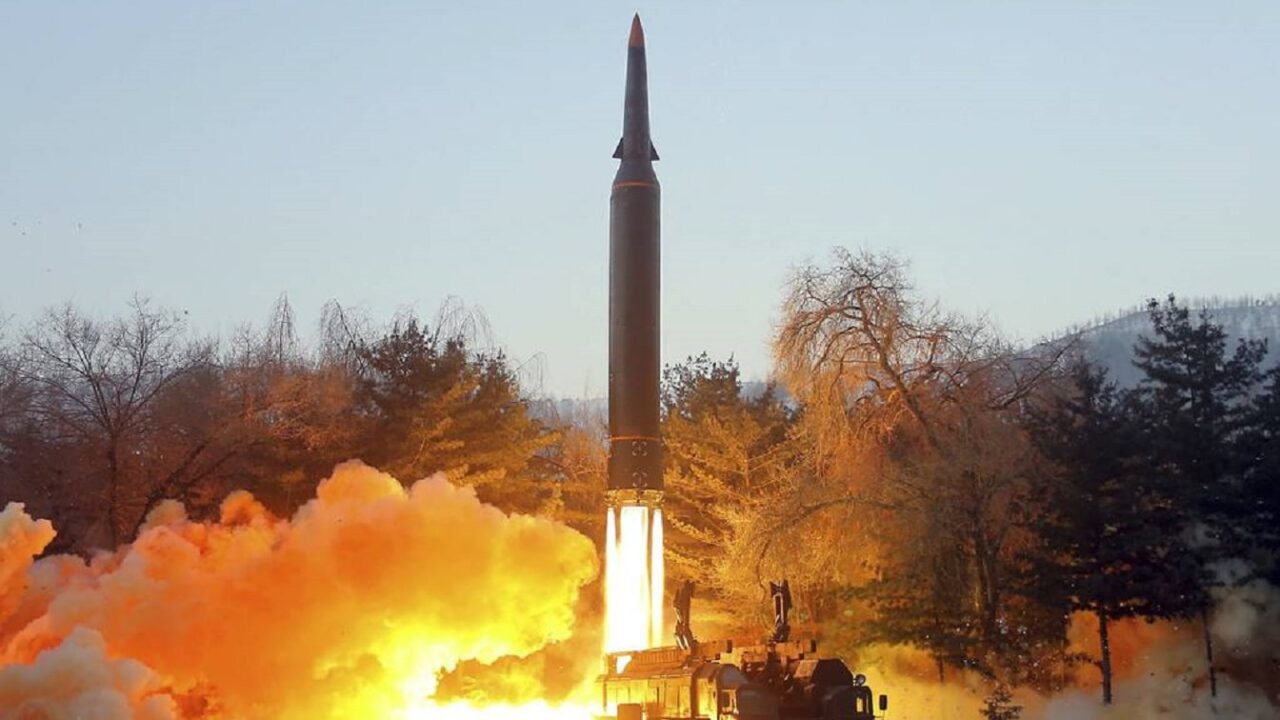 This was accepted and then withdrawn by a SK newspaper as too controversial even though the SK president himself suggested this. I don’t get that…
This was accepted and then withdrawn by a SK newspaper as too controversial even though the SK president himself suggested this. I don’t get that… This is a local re-post of a
This is a local re-post of a 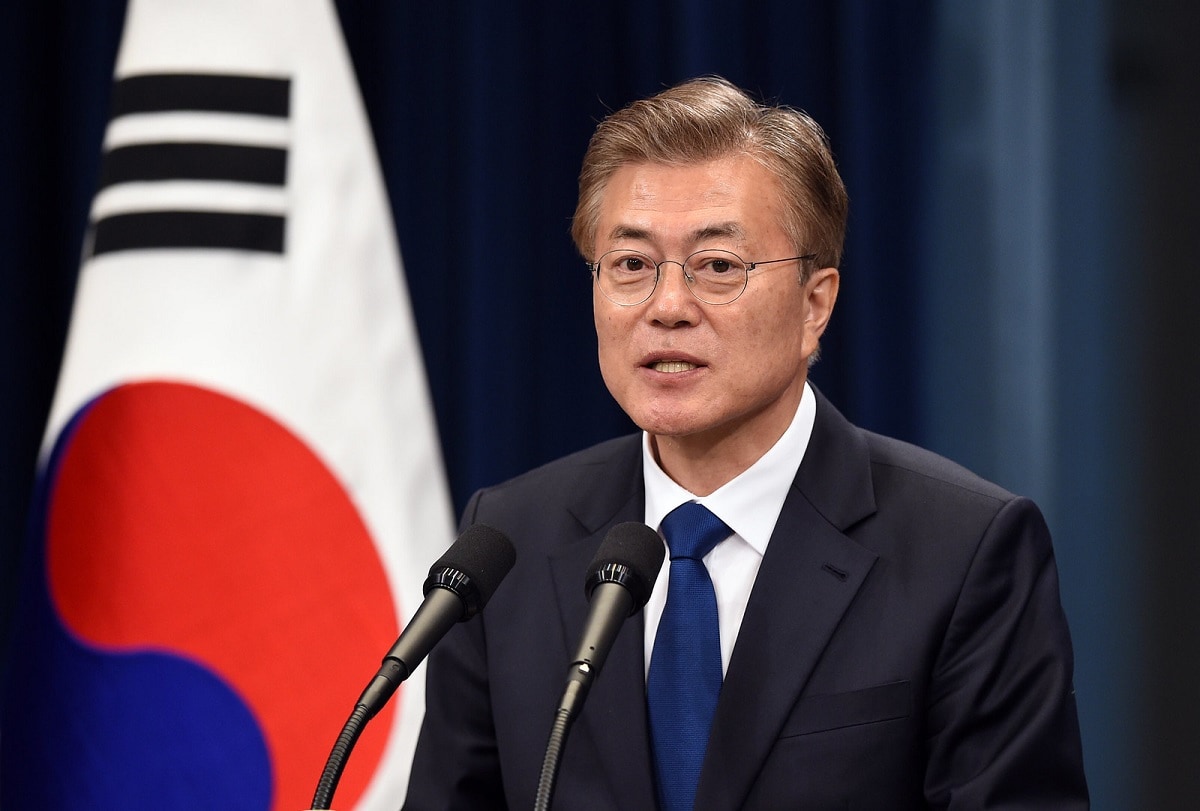 This is a re-up of an essay I wrote a few weeks ago
This is a re-up of an essay I wrote a few weeks ago 